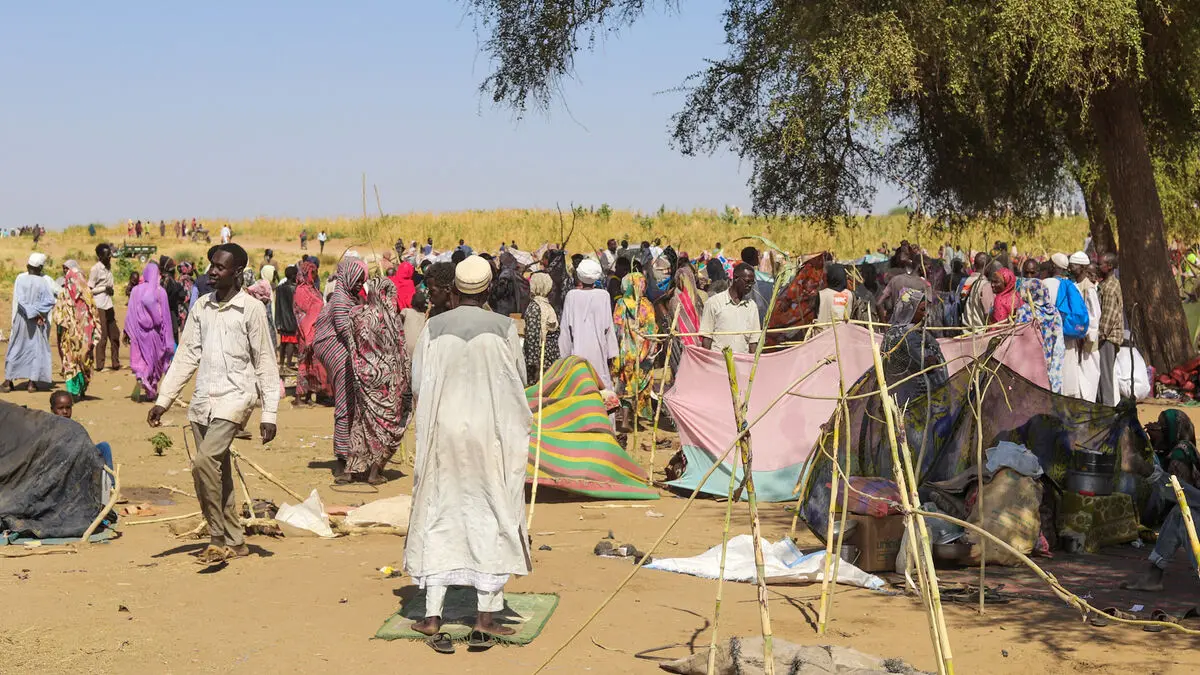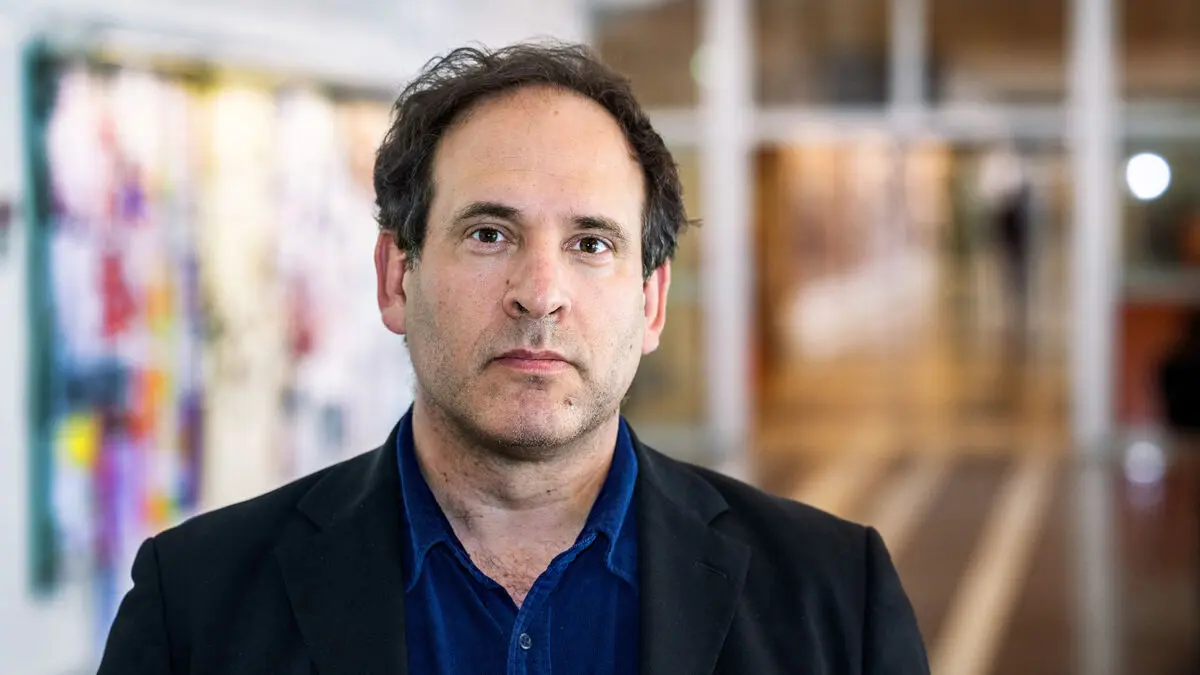On October 26, RSF forces captured the last outpost of the national military in the Darfur region, the city of al-Fashir. Since then, international concern has grown following reports of persecution, sexual violence and war crimes in the form of massacres of civilians.
And the war rages on with support from other countries, which, however, deny involvement. Among them is the United Arab Emirates, which, according to consistent reports, is sending weapons to RSF.
It is sometimes mentioned that they have certain other supporters as well, but these are often those that the United Arab Emirates also controls, says Johan Brosché at Uppsala University.
“Strong relationships”
The country supports the armed RSF forces, which have their origins in the Arab militias Janjawid - who, under the dictator Omar al-Bashir, killed hundreds of thousands of people in Darfur in the 2000s in what many observers have likened to genocide.
The RSF previously fought alongside the Sudanese army, but in the spring of 2023 a split occurred and the forces began fighting each other.
The UAE's motive is believed to be partly to prevent the Islamist groups that underpin the Sudanese military from taking power. The support is also linked to the country's "imperialist ambitions," Sudan scholar Hamid Khalafallah told the AP.
The United Arab Emirates already has strong relations with the heads of state in Ethiopia and Chad and now they want to create a similar situation in Sudan, says Johan Brosché.
The UN has also previously assessed reports of arms deliveries from the United Arab Emirates to RSF as credible.
“The same scrap and grain”
Egypt and other countries support the opposing party, the Sudanese military.
When it comes to the army, Egypt is the most important player on its side. Egypt is a military dictatorship and (Abd al-Fattah) al-Sisi, the dictator there, and al-Burhan (the supreme leader of the Sudanese army, Abd al-Fattah al-Burhan) are kind of the same thing, says Johan Brosché, adding that Saudi Arabia and Qatar also support the army.
Egypt's support is based on the fact that a military-controlled government in the neighboring country is seen as a more reliable ally than a democratic civilian government, according to Sudan researcher Hamid Khalafallah.
The war in Sudan has led to the world's largest humanitarian crisis and at least 40,000 people have been killed, although aid organizations estimate that the real number could be significantly higher.






